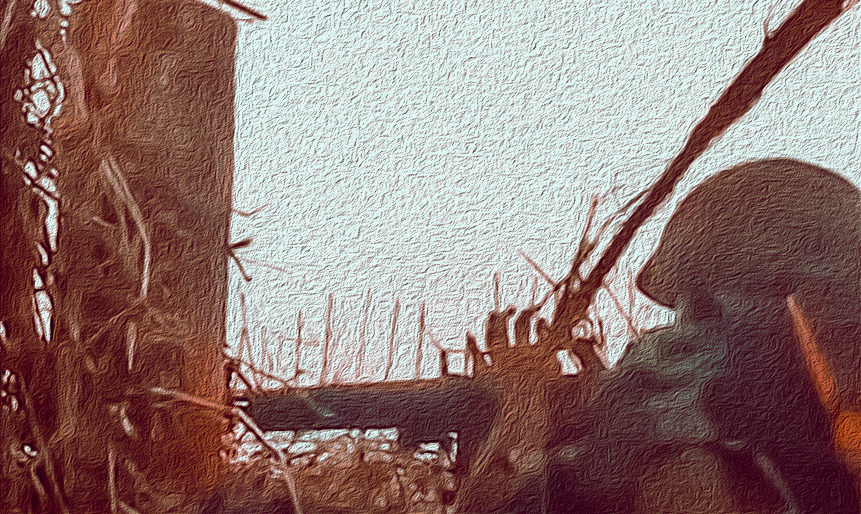Myanmar Spring Chronicle – February 10 by MoeMaKa Media:
Military Conscription Law Imposed Amidst Ongoing Civil Unrest
In a contentious move, the ruling military regime, formerly known as SLORC, announced the enforcement of the Military Conscription Law, a piece of legislation enacted on November 4, 2010, just three days before the general election. Drawing inspiration from the conscription laws of countries like South Korea, North Korea, Vietnam, Thailand, Cambodia, Russia, several former Soviet Union nations, Scandinavia, and some regions in Africa and Latin America, this law mandates citizens’ compulsory military service.
The ostensible purpose of such legislation is to involve every citizen in national defense, providing basic military education for the collective defense effort. The aim is to integrate the military as an institution inclusive of citizens rather than a distinct class. However, its implementation in Myanmar during a protracted civil war suggests motives beyond safeguarding the nation, likely exacerbating divisions among the populace rather than fostering unity.
Enforced during a period marked by a coup regime’s ruthless suppression of protests and heightened animosity among the people, ethnic groups, and the military, the move is viewed with skepticism and raises concerns about the regime’s intentions.
As the military council relinquishes control over cities and villages, the conscription law specifies that men aged 18 to 35 and women aged 18 to 27, excluding those exempted, must serve a minimum of two years in the military. Given the current volatile situation, the law is seen as an attempt to intensify the ongoing civil conflict.
The law’s implications for those recruited under it remain uncertain – whether they will participate in direct armed confrontations or engage in roles like town and village security or supporting combat forces. Speculation also arises about the recruits potentially turning against the dictatorial army if compelled to participate in hostilities.
Former military dictator Than Shwe enacted the law shortly before the 2010 election, seemingly as part of a strategy to gradually withdraw from public view. In wielding this legislation, Min Aung Hlaing, the current leader, may be viewed by the public as surpassing Than Shwe in responsibility for atrocities and unsavory actions in politics and the military.
For many villagers and manual laborers in urban areas without means to evade military service through bribes, and those unable to flee abroad temporarily due to financial constraints, the imposition of the military conscription law presents an immediate challenge. The fate of young expatriates, who may or may not be summoned to serve, remains uncertain.
Meanwhile, the battle in Zayatkyi, Htantabin Township, Bago Division, has intensified as joint forces of the Karen National Union (KNU) and the People’s Defense Force (PDF) continue their assault on military council camps. Located on the eastern border of Bago Division, near Karen State, Zayatkyi Town holds strategic importance, being approximately 60 miles away from Nay Pyi Taw and connected by vital railways and roads.
Initiated on January 7, the assault on Zayatkyi Town has resulted in approximately 50 civilian casualties due to the indiscriminate use of heavy weaponry by military council troops in surrounding villages. This tragic loss of civilian lives stands as a stark reminder of the devastating consequences of the ongoing conflict, marking one of the deadliest incidents in recent times.

